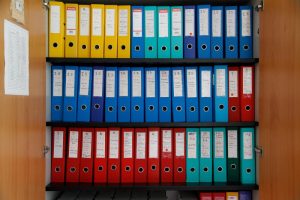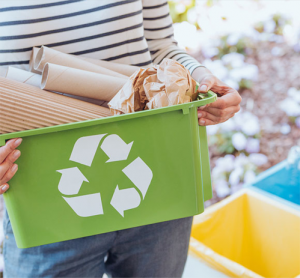According to IRAS, companies in Singapore are required to keep all accounting files, records and accompanying paperwork for five years following the applicable Year of Assessment.
Failure to do so may result in penalties and/or the disallowance of claimed expenses. Stricter penalties may be imposed depending on severity.
Importance in Record Keeping of Company Accounting Files in Singapore.
For your businesses in Singapore, maintaining accurate company accounting records allows you to:
- Improve the way you decide on the business moving forward.
- Maintain your reputation while adhering to Singaporean laws. For instance, you can be at ease knowing that your records are kept in order and are current when it comes time to file your annual reports to IRAS or ACRA.
- Know the state of your business’s performance and financial health (for example, profit or loss position for a certain period, or even identify the possibilities of internal fraud or theft).
What are The Records to Verify Income & Claims?
Sales/Income
Records can include the daily sales record book, cash register tape, and invoices.
For GST registered businesses, tax invoices and evidence that payment has been received like bank statements will also be required.
Expenses/Claims
Receipts and a journal of daily purchases & expenses. This also includes employee’s salary and CPF contributions.
You are not required to submit these documents unless asked to. The trade and profit and loss accounts, as well as the balance sheets, are all referred to as “accounts.”
To easily determine the money produced and business expenses claimed, you should keep accurate records for the duration to keep accounting records in Singapore. You must be able to back up your claims for how long accounting records should be kept in Singapore using invoices, receipts, vouchers, and other proof.
Purchase Records
(Records of each purchase transaction)
These includes the tax invoices or receipts received as well as documents related to imports. For GST registered companies, payment evidence like bank statements will also be required.
It will be beneficial if all of these documents are accurately categorised into various files and folders so they can be quickly retrieved when needed during an audit, or general checking.
How Long Should Company Accounting Files Be Kept For in Singapore?
Company records must be preserved for a minimum of five years following the end of the fiscal year in which the pertinent transactions occurred. Some companies opt to keep them for up to 7 or 10 years.
For instance, if your company’s fiscal year finishes in December, you must keep the records for the 2010 fiscal year—that is, the period from January 1 to December 31, 2010—until at least December 31, 2015.
A person who served as an officer of a corporation just before it was struck off and dissolved is responsible for making sure that all of the company’s records are kept for at least five years following the date of the dissolution.
When a company is being wound up, the liquidator of the firm must make sure that all of the company’s records are kept for at least five years (instead of the prior two years) following the date of the company’s dissolution.

How Should We Dispose of These Files After 5 Years?
Some businesses do preserve these accounting records for an additional 2 years for their own operational needs after the required 5 years have passed.
If your firm has made the decision to discard these files, it is advised that you do so in a secure manner because it may be detrimental for your business in Singapore if company information is leaked.
Shredding is a safe approach to get rid of confidential accounting records from your company. If you have a lot of documents, you should think about outsourcing the shredding to a Singaporean company. Prices are quite reasonable, and employees have more time to devote to their actual work because of the time saved.
Arkiva is a shredding company that focuses on the privacy of its customers. Arkiva offers secure shredding and destruction services to help you safely dispose of documents and materials, keeping your data private. The company also offers secure recycling collections, making it easy for businesses to balance their waste stream with the environment.

